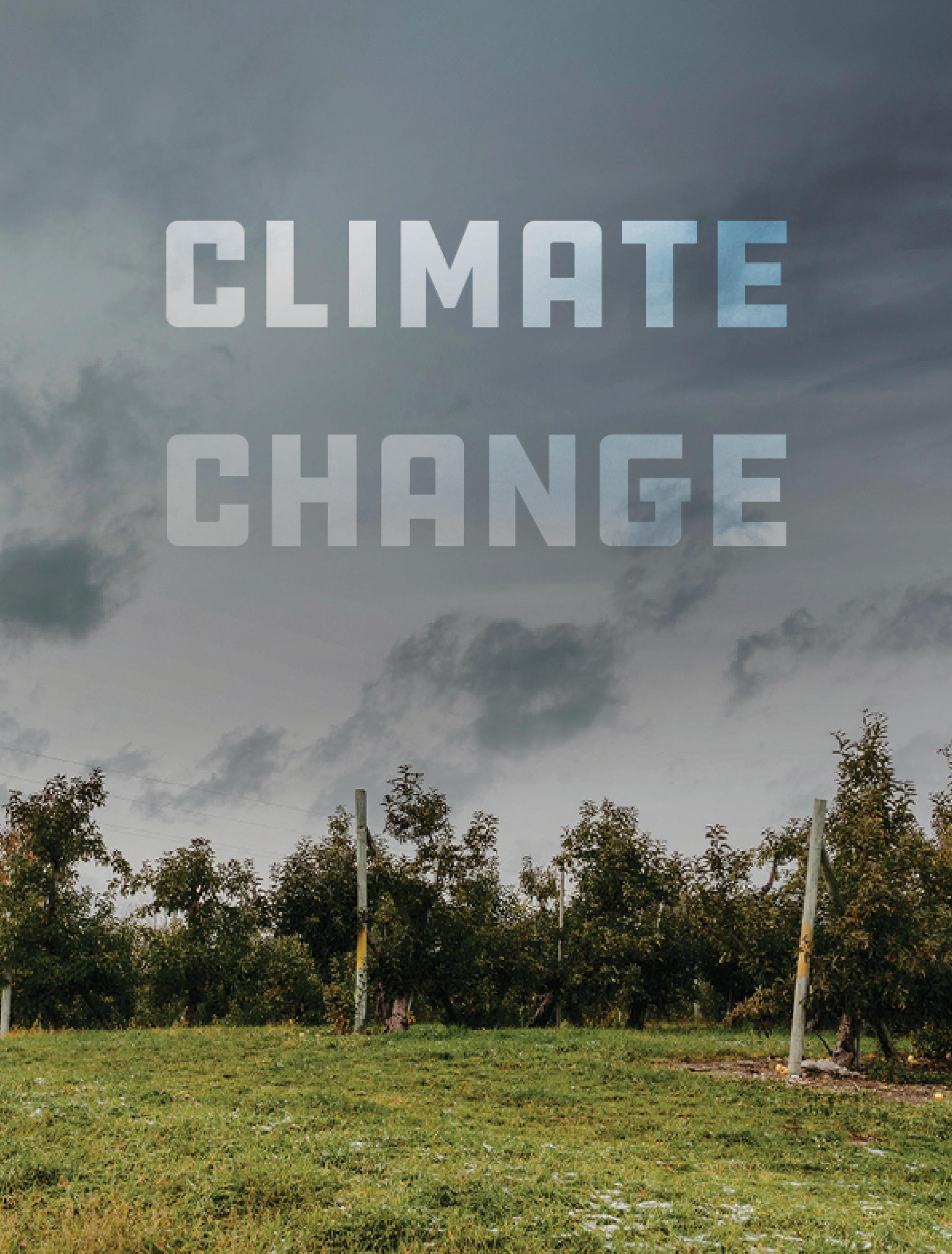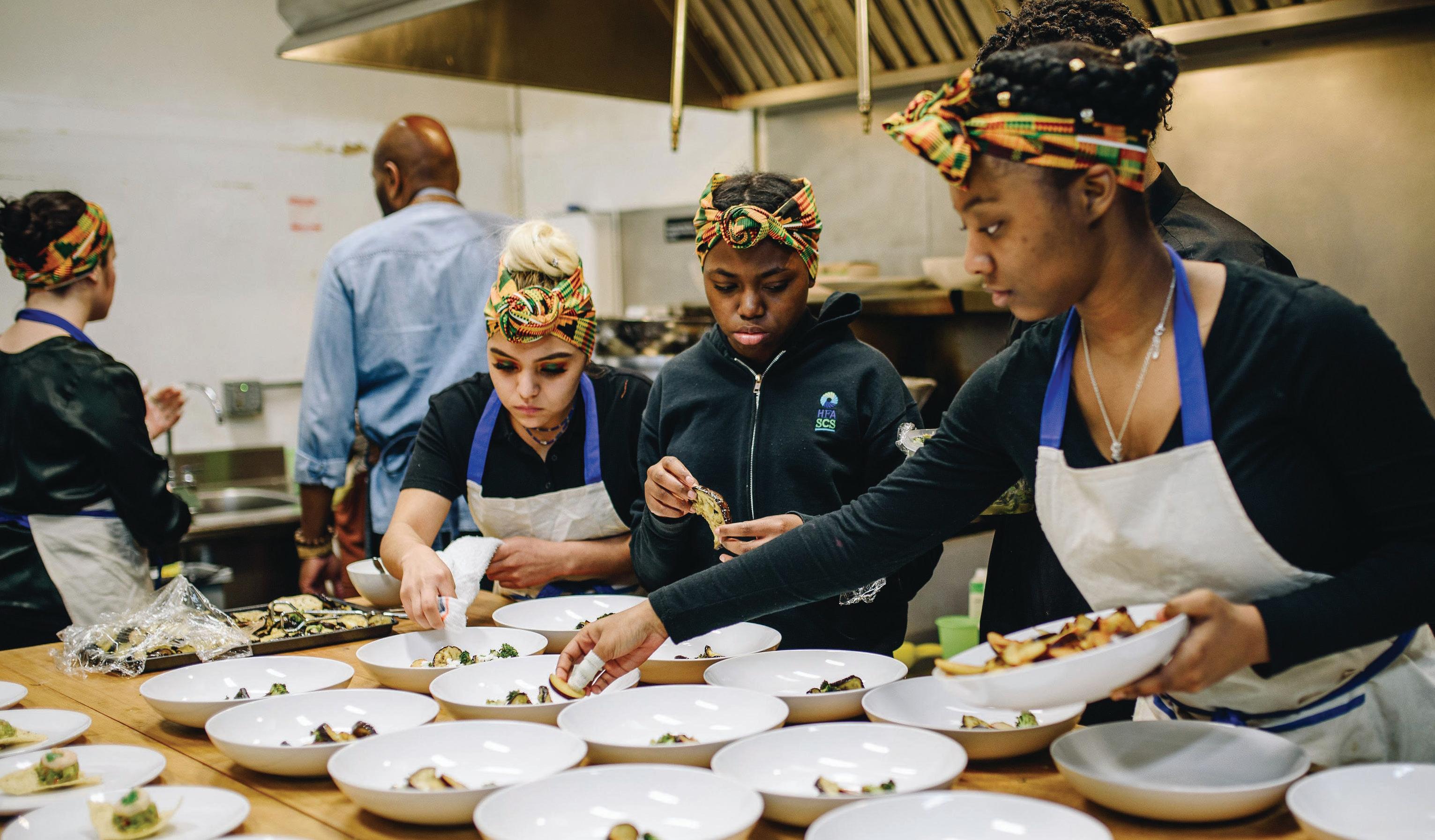
2 minute read
Michigan Farmers Adapt to Climate Change
JENA BROOKER Planet Detroit Intern
NINA IGNACZAK Planet Detroit Publisher + Editor
In 2019, almost 1,000,000 acres of Michigan farmland went unplanted due to heavy rainfall. With climate change, wetter and earlier springs, extended summer droughts, and colder winters have become the norm for farmers across Michigan. Growers are changing their practices to meet this new reality.
“Growers just have to monitor continuously,” says Jeffrey Andresen, a climatologist expert at Michigan State University Extension. Tools like MSU’s Enviroweather and MI EnviroImpact help farmers anticipate conditions and inform critical decisions about when, where, and how to plant and harvest.
Perennials like grapes, cherries, and apples are especially susceptible to the effects of climate change, Andresen says. In the case of colder temperatures, some farmers use fans to circulate warm air. Winemaker Coenraad Stassen of Brys Estate Vineyard and Winery near Traverse City, developed new techniques to keep his grapes warm through harsher winters. He ties his grape canes to irrigation lines on the ground before plowing snow over the canes, resulting in an 80% survival rate.
“If you do the same thing you did 15 years ago, you're fighting a losing battle,” says Stassen.
In the case of earlier springs, some farmers prevent early budding by spraying fruit trees with water to form protective ice cells. With continued warmer and more humid conditions, Nikki Rothwell, an Integrated Pest Management researcher with MSU Extension, has seen new pests and diseases, like fire blight and Spotted Wing Drosophila. Rothwell found that pruning trees and mowing in between them reduces the infestation by 40%. The extra light increases the temperature in the canopy and reduces humidity.
“We’ve really gone back to doing more of these old-school tactics that are looking holistically at the whole system,” Rothwell says.
Rothwell sees farmers diversifying their crops and systems “to spread the risk.” For example, a farmer may lose their cherries, but not their apples in a frost. Adaptation also includes choosing different varieties and adjusting planting schedules. Some cherry varieties bloom later in the season so they will not be affected by frost and freeze events. Row crop farmers are planting plants like soybean, wheat, and alfalfa that can utilize the increases in CO2 to produce more plant matter.
With changing growing regions and seasons, some farmers are taking advantage of the upside of climate change.
Planet Detroit is an email newsletter that explains what's happening in the environment in Detroit and Michigan. Subscribe at planetdetroit.substack.com










